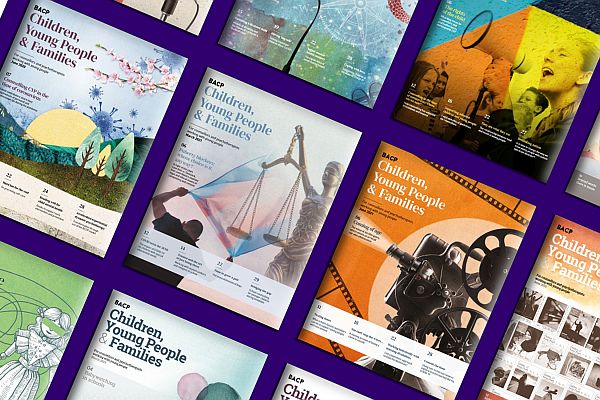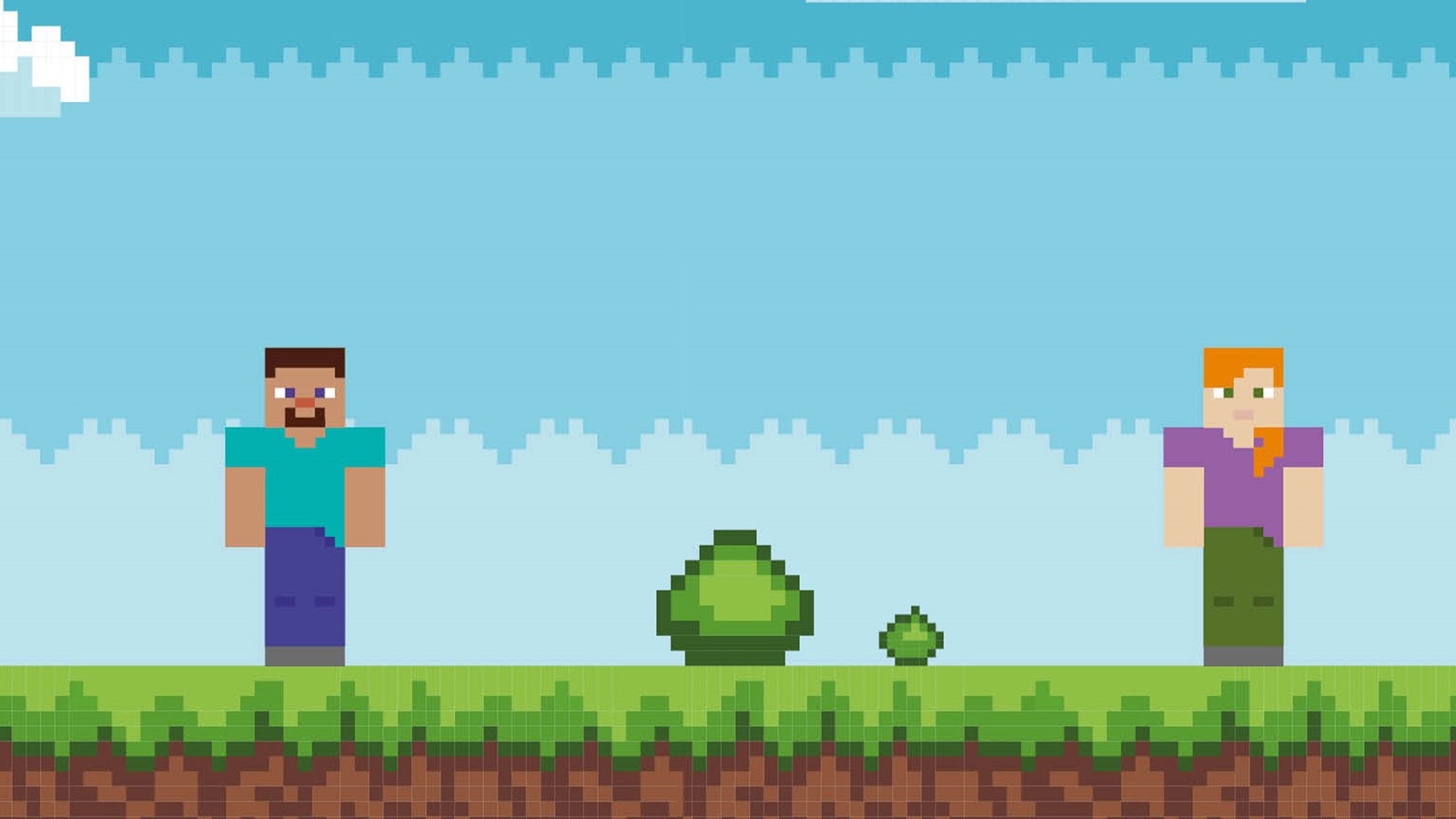I wrote this in early November (such are the lead times on BACP journals) with my 2021 diary to the left of me and my 2022 one to the right, mimicking the clowns and jokers of the 1970s pop classic.1 My sense of being stuck in the middle was both literal and symbolic. Literal, in that while I reflected on the year gone by, the new one was right there within touching distance, tantalising me with its potential.
Straddling the middle ground between past and future is familiar territory for psychotherapists but straddling anything can feel uncomfortable, and getting it right is a balancing act. If we’re pulled too far backwards, we risk getting stuck, trapped or depressed. Allowing ourselves to be pulled too far in the other direction can be foolish. If we don’t get the balance right, we’ll tumble.
As well as straddling the overlap between the old year – I’ve already consigned it to the past with ‘old’ rather than ‘current’ – and the new, we’re also straddling a space between the height of the pandemic, with the toughest restrictions on our freedom and a future when we might be free to do what we want, any old time. Or we might not.
This is the context we’re living in. There’s a sense of unease and uncertainty lingering from the past, mingled with cautious optimism for the future. It’s contrary to the sentiment of the good old days. It’s telling us that the old days weren’t good, and that the new ones will be better. It’s giving us hope. Until we think about climate change and what we’re doing to our planet – the 26th Conference of the Parties or COP26 recently took place in Glasgow – which brings a sense of doom. I’m ‘…trying to make some sense of it all, but I can see it makes no sense at all’.1 What about you? What about children and young people? If it’s difficult for us to fathom, what chance do they have? They’re stuck in the middle of everything.
In my print editorial, I talk about three C-words that struck me as I reflected on 2021, which linked to themes running through the December issue of the BACP Children, Young People and Families journal: context, connection and celebration. Context is addressed in Fighting for the COVID-19 generation, in which Bryony Doughty argues for the need to do something about children’s declining mental health. Tonia Mihill talks about commissioning a youth mental health charity within a changing political context in With the future in mind, and Dr Niki Cooper, Clinical Director of Place2Be, shares plans for Children’s Mental Health Week 2022, which has a celebratory theme of Growing Together.
I know you’ll also feel a sense of connection with other content in the December issue: Lucy-Jean Lloyd’s courageous take on Racism in the room, Samia Quddus’s question, Is social media damaging your health? and Ellie Finch’s featured article, Therapeutic adventures in Minecraft, in which she shares an innovative approach to combining counselling with gaming.
I’ve thought of some more topical C-words as I’m writing this blog: confusion, chaos, calamity, crisis (prefaced by climate, petrol, energy or education), the obvious one (COVID-19), and the one with the potential to change the future (COP26). Straddling the space between the print and online versions of the journal, I realise that I've unconsciously drawn on the lyrics of two popular songs, both of Scottish origin to think about the past and the present. Add coincidence to my list of C-words. Here, I reference Scottish musicians Stealers Wheel’s 1972 track, Stuck in the middle with you. In print, I’ve referenced Robert Burns’ 18th century Scottish ballad, Auld lang syne. What song would I choose to represent the future? I’ll leave that for you to ponder. Suggestions on a digital postcard, please.
As always, I welcome your reactions to my blog, anything in the December issue and your ideas for contributions.
Reference
1 Stealers Wheel. Stuck in the middle with you https://www.youtube.com/watch?v=OMAIsqvTh7g (accessed 2 November 2021).
Read more...

BACP Children, Young People and Families
Subscribe for free access to the online journal

BACP Children, Young People and Families division
BACP CYPF is for practitioners and other professionals interested in counselling and psychotherapy for children and young people.

Blogs and vlogs 2021
News, views and updates from our staff, members and counselling clients
Views expressed in this article are the views of the writer and not necessarily the views of BACP. Publication does not imply endorsement of the writer’s views. Reasonable care has been taken to avoid errors but no liability will be accepted for any errors that may occur.
